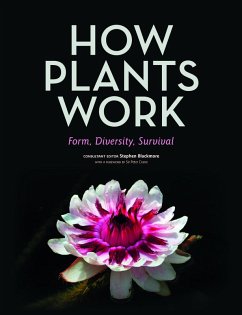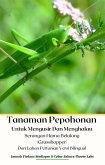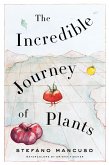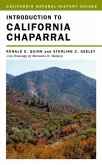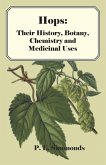Today's plants are descended from simple algaes that first emerged more than 500 million years ago, and now there are around 400,000 species. The huge diversity of forms that that these plants take is staggering. From towering redwoods, to diminutive mosses; from plants that developed stinging hairs and poisons, to those that require fire to germinate tor ocean currents to dsitribute their seeds. But how have we arrived at this mind-blowing variety in the plant kingdom? How Plants Work seeks to answer this intriguing question, drawing from a wide range of examples-from the everyday leaf to the most bizarre flowers.
Dieser Download kann aus rechtlichen Gründen nur mit Rechnungsadresse in A, D ausgeliefert werden.

